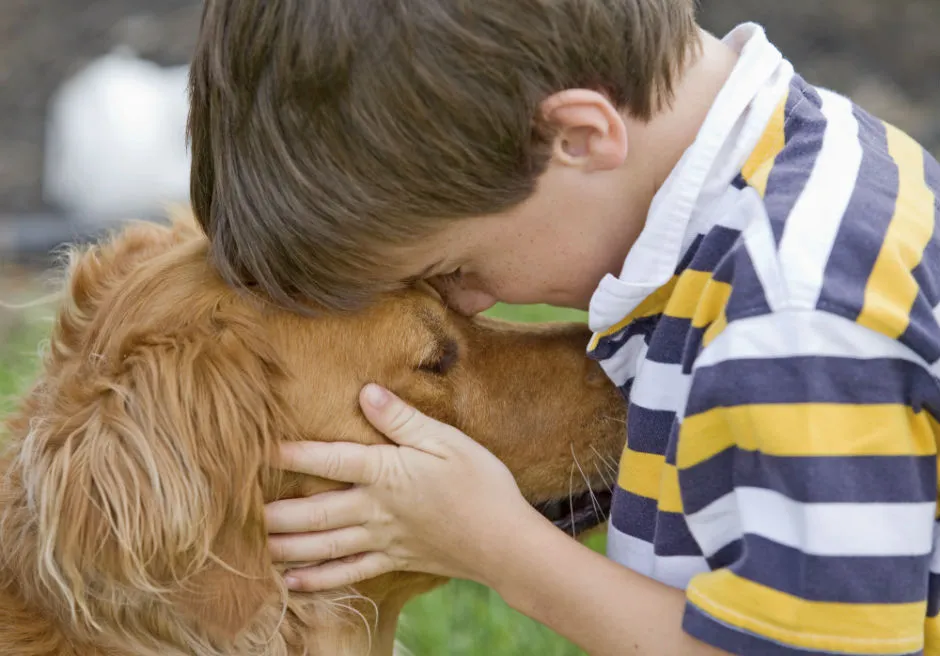Benefits of the bond between children and pets

A pet animal contributes innumerable benefits to the lives of children. In general the company of an animal improves the quality of life of all humans, augments their longevity, preserves physical and mental balance, facilitates recreation, reduces stress and generally lowers the depression rate.
But its role in children's lives is even more important, because it also contributes to their social and educational development as it forces them to take up responsibilities, augments their self-esteem and, in most cases, improves family togetherness.
Animals also foster responsibility and respect for others, develop their capacity for caring of someone and induce feelings of competence and safety, two sentiments a child needs to develop in its life cycle to reach the right emotional balance.
Which responsibilities can a child take on with its pet animal?
We should adapt a child's responsibilities to its age. The little ones may take it on them that the animals get fresh water every day, give them their food, brush them and wash them. With age, they can also assist in walking them and assume other responsibilities.
According to the second Affinity Foundation study on animal bonding, the first thing the majority of children associate their role in their pet's life with is “taking care”, while also important are “playing” and “feeding”. This way, the study stresses the values of responsibility that pet animals transmit onto the little ones.
Happiness at home
It is demonstrated that people who in their childhood had contact with a pet will have less difficulty maintaining a positive interpersonal relationship than others. The relation with pets therefore has a stabilising function in the child's experience and behaviour, contributes to creating happiness and eliminates sadness and feelings of threat. Likewise, in our interaction with animals we learn many things in a natural way without constant interfering but with increased motivation.
One in two children (46%) perceive the animal as their main source of emotional support after their parents, as can be concluded from the aforementioned study. The emotional ties with a pet animal help overcome feelings of fear and sadness, as a child will regularly turn to its dog or cat to cuddle it and find relief in such situations. This behaviour is reinforced when the child is confronted with a serious problem, as they will look for their pets as a source of consolation to the same extent as their parents.
The first Affinity Foundation study on animal bonding offers us another interesting fact about its benefits, namely that 50% of children associate a dog or cat with an “activity and play companion”, while eight out of ten children between 9 en 12 years old prefer playing with their pet to video games.
More about
Share on social networks